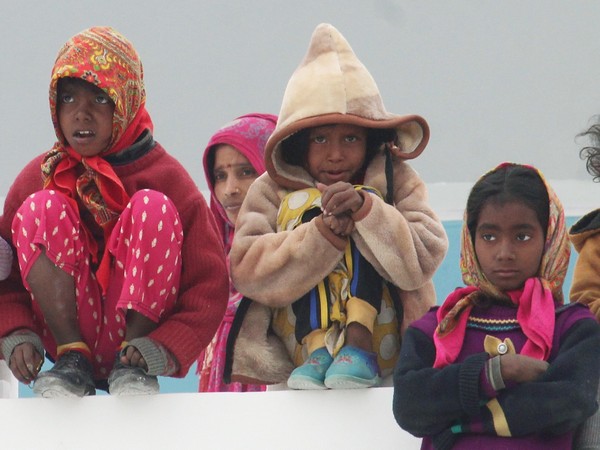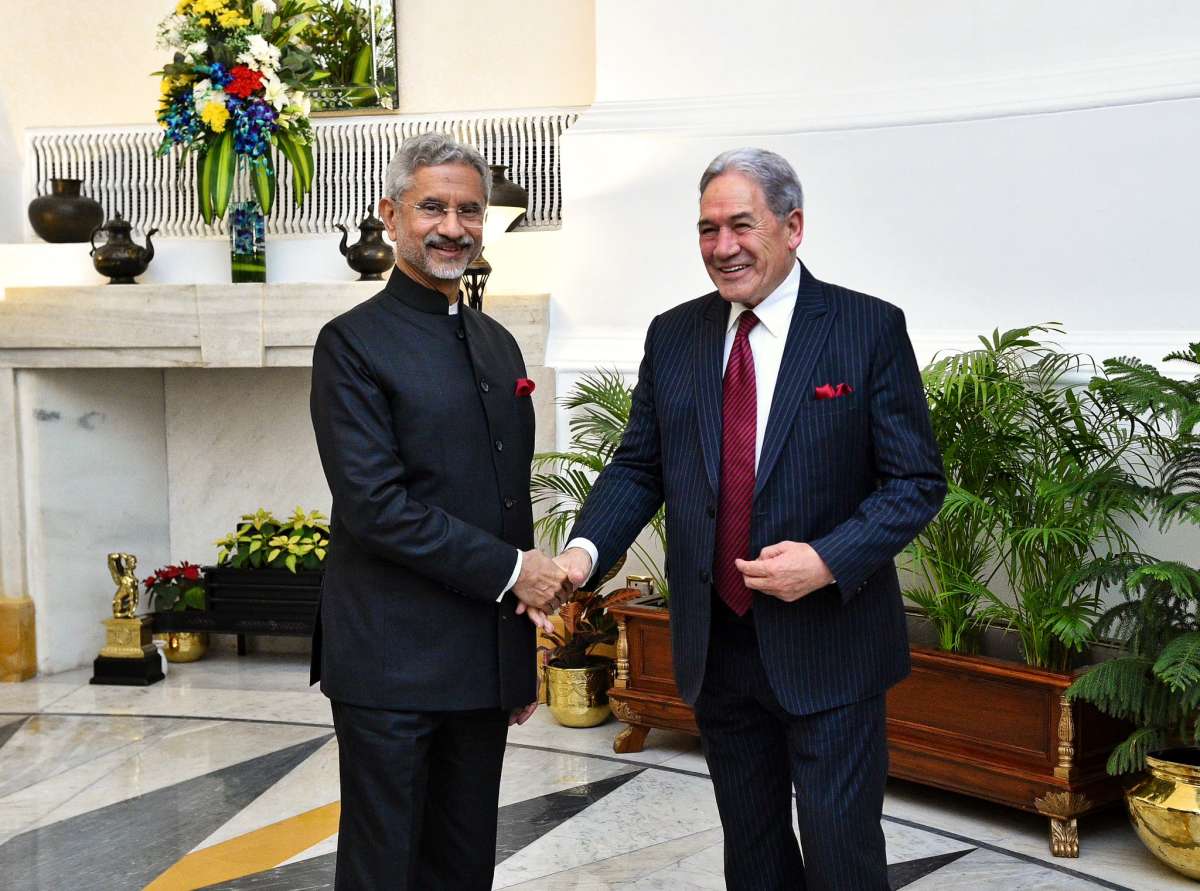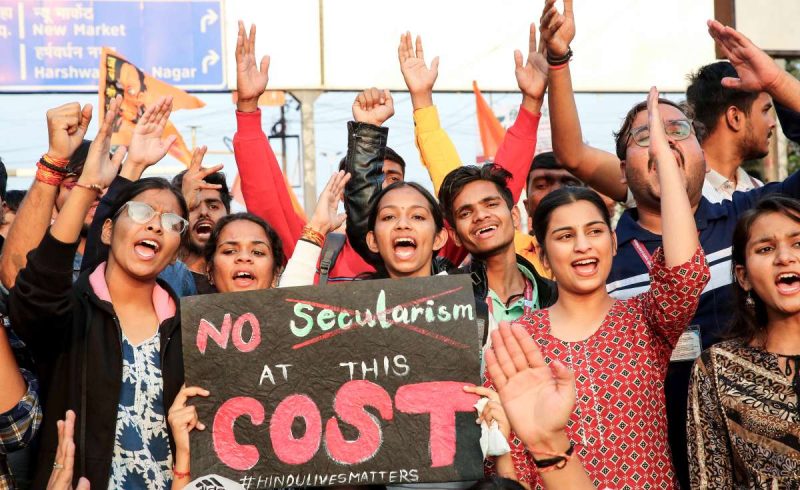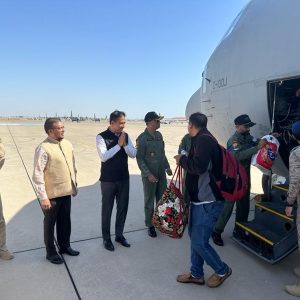India had by far the largest number of zero-food children (6.7 million), which is almost half of all zero-food children in the 92 countries included in this study….reports Asian Lite News
India has refuted the findings of a Harvard study, published last month in the JAMA Network Open, a peer-reviewed journal, which claimed that the prevalence of “zero-food children” is as high as 19.3 per cent in the country, terming the article a ‘deliberate and malicious attempt to sensationalize fake news’.
“Zero-food children” are children between 6 and 23 months old who did not consume any milk, formula, or food in the last 24 hours.
A Harvard study, published last month in the JAMA Network Open, a peer-reviewed journal, found that the prevalence of “zero-food children” is as high as 21 per cent in some countries.
India had by far the largest number of zero-food children (6.7 million), which is almost half of all zero-food children in the 92 countries included in this study.
The Ministry of Women and Child Development, in an official statement, said that out of the “so- called” 19.3 per cent Zero Food Children referred to by the study, 17.8 per cent had received breast milk, but the article excludes breast milk from the definition of food for infants who are six to twenty-three months old.
“Only 1.5 per cent of children have been claimed as non-breastfed,” it added.
Further turning down the findings of the research regarding India, the Ministry said that the JAMA article does not acknowledge the importance of breast milk for infants who are more than six months old and has instead looked at only the feeding of such infants with animal milk, formula, solids or semi-solids etc.
The Ministry further said that the methodology followed by the researchers is opaque and has attempted to interpret single-day recalls by those who were supposedly contacted.
“There is no scientific definition of “zero food children”. The methodology followed is opaque and has attempted to interpret single-day recalls by those who were supposedly contacted. No state government or any private organization in India has ever reported about starving children,” it said.
It further said that the authors themselves have admitted to deep misgivings on the data and have referred to at least 9 limitations that make their study absolutely unreliable.
“It is surprising that no primary research has been conducted by SV Subramanian and co-authors in the study to arrive at such broad and incorrect generalizations on the nutritional status of children in India,” it added.
According to the Ministry of Women and Child Development, while rebutting the article, out of 13.7 crore children, in the age group of 6 months to 6 years in India, 8.9 crore, are registered at Anganwadi Centres and 95 per cent of them are Aadhaar verified on the Poshan Tracker.
“As per data of the Poshan Tracker, only about 6.26 per cent are found to be wasted and only 1.9 per cent are severely malnourished,” it added.
The ministry also said that it is also surprising that the study has not referred to the publicly available data of more than 8 crore children measured month after month on nutritional indicators on the Poshan Tracker through the 13.9 lakh Anganwadi Centres (AWCs) across the country.
“Neither has any attempt been made by the authors to seek clarification from public authorities. It is therefore evident that this article is maliciously timed to be politically provocative. The supplementary nutrition program of the Government offers 500 KcaL of food per day to children under 6 years of age with a focus on a balanced diet and not merely on calories,” it said, adding that supplementary nutrition includes micro-nutrients, fortified rice as well as millets.
This programme is universally available and open to any lactating mother and to children up to 6 years of age.
“The effectiveness of Poshan 2.0 in reducing stunting, wasting and underweight prevalence in general has been appreciated by a research study conducted by the World Bank,” the ministry said.
As per the ministry, under the PMMVY Scheme Rs. 5,000 is provided to pregnant women for the first child and Rs. 6,000 for the second (girl) child to encourage appropriate health-seeking behaviour and immunization of the child. Approximately, Rs. 14,756 crore worth of direct benefit transfer has been released to 3.8 crore women. (ANI)
ALSO READ: Khattar quits as Haryana CM













